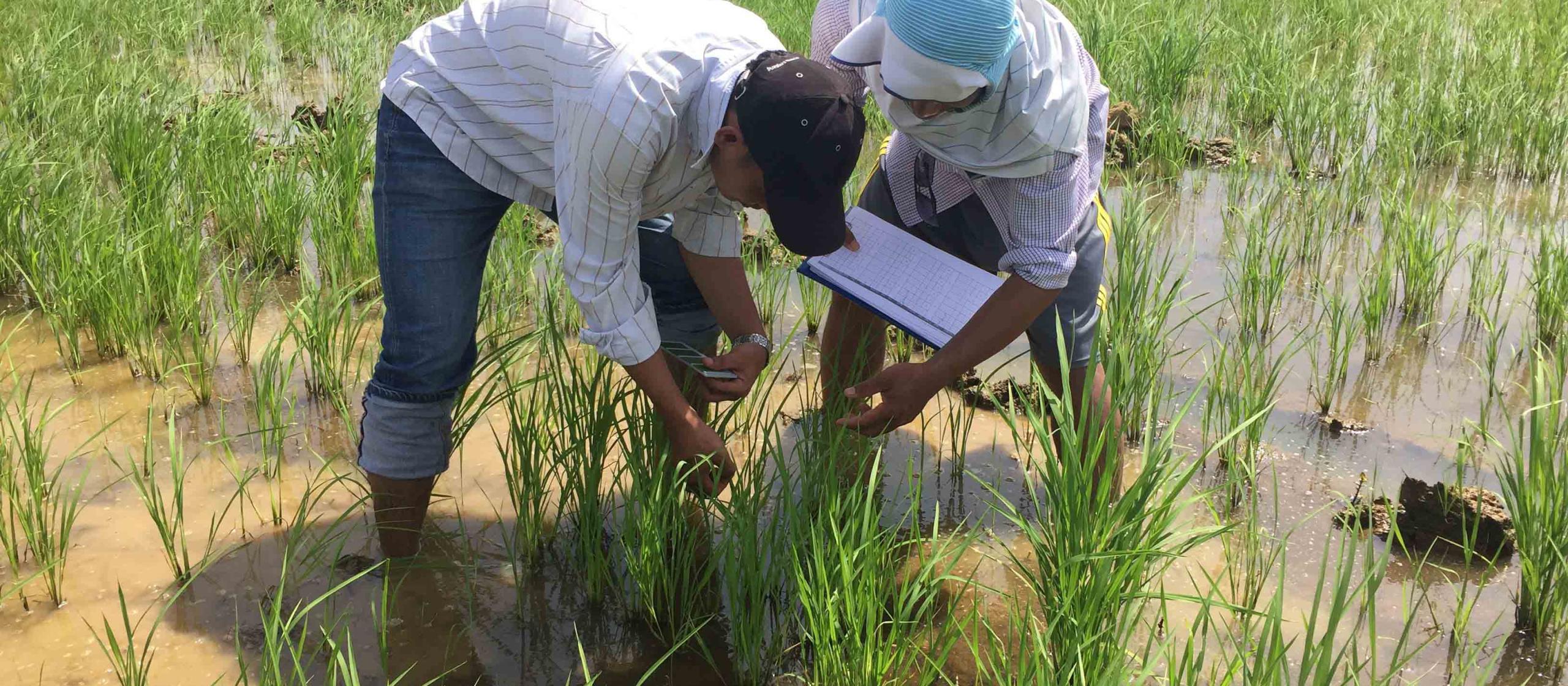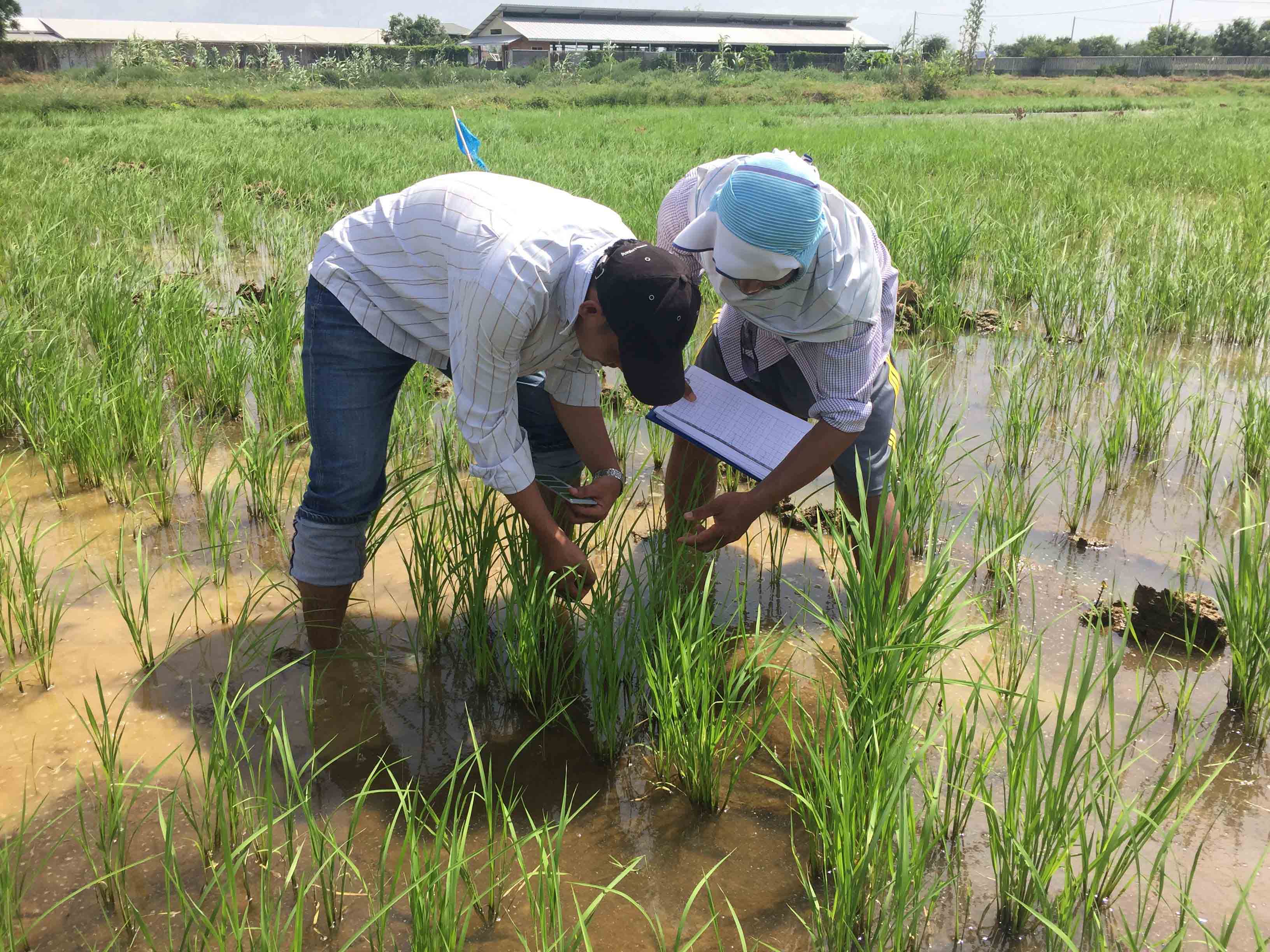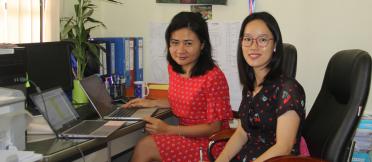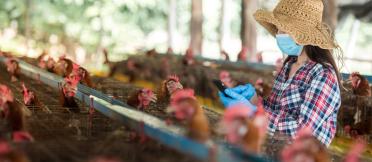- HomeHome
-
About ACIAR
- Our work
- Our people
-
Corporate information
- ACIAR Audit Committee
- Commission for International Agricultural Research
- Policy Advisory Council
- Agency reviews
- Executive remuneration disclosure
- Freedom of information (FOI)
- Gifts and benefits register
- Information publication scheme
- List of new agency files
- Contracts
- Legal services expenditure
- Privacy impact assessment register
- Commonwealth Child Safe Framework
- Benefits to Australia
- Careers
- 40 years of ACIAR
-
What we do
- Programs
- Cross-cutting areas
- Resources
- Where we work
-
Funding
- Research projects
- Fellowships
-
Scholarships
- John Allwright FellowshipScholarships to study in Australia for ACIAR partner country scientists to have Australian postgraduate qualifications
- ACIAR Pacific Agriculture Scholarships and Support and Climate Resilience Program
- Alumni Research Support Facility
- Publications
- News and Outreach
Date released
20 December 2021
Since the pandemic began, the ACIAR Alumni Research Support Facility (ARSF), in partnership with Australia’s University of New England (UNE), has been backing alumni to conduct 66 research projects supporting agriculture in the pandemic-affected world. The support includes grants of up to A$20,000, as well as mentoring and collaborating partnerships with Australian researchers.
The projects cover a diverse range of topics designed to address issues of importance to communities in the partner countries. Example research topics include reverse migration of agricultural workforces, gender considerations in agricultural policy, home gardening for food security, virus detection in sweetpotato crops, crop seed availability, and e-commerce for small enterprise.
Professor John Gibson, UNE’s Director of International Development Activities, has been following the progress of the alumni closely.
‘The ARSF is a novel innovation of rapid project funding to support ACIAR alumni,' Professor Gibson says.
‘It has delivered remarkable outcomes in terms of research results, impacts on communities, support of policy and career development of the alumni – all at a time when COVID-19 pandemic restrictions have forced so many other activities to be put on hold.
‘Awardees have reported that the personal and professional support and advice from their Australian mentors was very valuable to them and most intend to continue collaborating with their mentors in future.’
Local issues, regional capacity
Beyond addressing specific locally relevant issues, the program aims to build the capacity and networks of researchers, as well as build cooperative partnerships between countries, organisations, communities and researchers.
‘The program has demonstrated Australia’s commitment to supporting countries to address the impacts of the COVID-19 pandemic. It has maintained momentum in key research areas across agricultural research in our partner countries, ensuring key researchers were able to secure funding and their employment in research organisations, and expanding international collaboration throughout the crisis,’ says Ms Eleanor Dean, General Manager of Outreach and Capacity Building at ACIAR.
With the first projects having begun in September 2020 and new projects having started throughout 2021, ACIAR is pleased with how the program is progressing. Ms Dean cites the example of Dr Nurul Hilmiati of the Indonesian Agency for Agricultural Research and Development. Early results of Dr Nurul’s ongoing research have identified intersections between the impact of COVID-19 pandemic lockdowns on migrant workforces, reliance of different agricultural enterprises on migrant labour, and food security and prices in Indonesia.
‘The ARSF’s novel way of deploying the depth and breadth of Australian expertise to support researchers across partner countries has unlocked their power to develop innovative solutions in a crisis,’ says Ms Dean.
For example, for his ARSF-supported project, ACIAR John Allwright Fellow Dr Van Touch is working with cropping systems specialist Professor Daniel Tan and human geographer Dr Rebecca Cross, from the University of Sydney. Their work is examining what might help turn small-scale rice farming enterprises in Cambodia into profitable and sustainable businesses to improve livelihoods and food security.
Dr Touch, who grew up on a small rice farm, is concerned people are increasingly moving to cities due to the challenges of farming. ‘The whole countryside is changing. Rural villages are now emptying of people. This worries me,’ he says. The problem has been exacerbated by the economic impacts of COVID-19 pandemic, with many remaining farmers unable to afford necessities like seed and fertiliser.
Dr Touch is bringing farmers together through village workshops and farm value chain networking to connect and share knowledge. ‘By understanding their experiences and integrating research into a model for resilience I hope we can encourage farmers to keep farming,’ Dr Touch says. ‘I want to help them to improve their livelihoods and quality of life so they perhaps don’t have to move to the city.’
Leadership through partnerships
Two other researchers supported under the program are Dr Sonnthida Sambath and Ms Sophornthida Lim, both alumni of the ACIAR Meryl Williams Fellowship, and researchers at the Cambodian Agricultural Research and Development Institute. Their project is examining the impact of the COVID-19 pandemic on the price of fresh vegetables supplied through the main wholesale distribution centres in Cambodia. They are examining the effectiveness of the Cambodian government’s response to ensuring food security (for example, by doubling vegetable production) and the intersection with gender issues such as the role of women in decision-making and crisis planning.
‘The findings from this study will inform future crisis planning,’ says Dr Sambath. ‘It will allow the Ministry of Agriculture Forestry and Fisheries – especially ground-level staff – to understand the potential economic impacts of doubling vegetable production and the gender dynamics of this.’
Leadership and collaboration skills learned through the ACIAR Meryl Williams Fellowship have been vital to the ongoing success of their project, bringing together their individual knowledge and skills. They hope the success of their partnership will inspire other female researchers to build success through teamwork, mutual support and networking. Dr Sambath says, ‘Together, we can inspire other women in our organisation to work and produce something that… contributes to sustainable development in Cambodia.’
Partnerships like this are exactly the kind of capacity-building ACIAR hopes to nurture through the ARSF. And as Ms Dean notes, at its heart, the project harnesses participants’ drive to improve the lives of people in the community. ‘The program has demonstrated the resilience of researchers in our partner countries and their passion and commitment to enhanced outcomes throughout the COVID-19 crisis,’ she says.
Key points
- The ACIAR Alumni Research Support Facility (ARSF) has supported 66 alumni to undertake research to help with the pandemic recovery.
- Starting in 2020 and continuing in 2021, the ARSF projects cover a range of topics designed to address issues of importance to communities in the partner countries.






